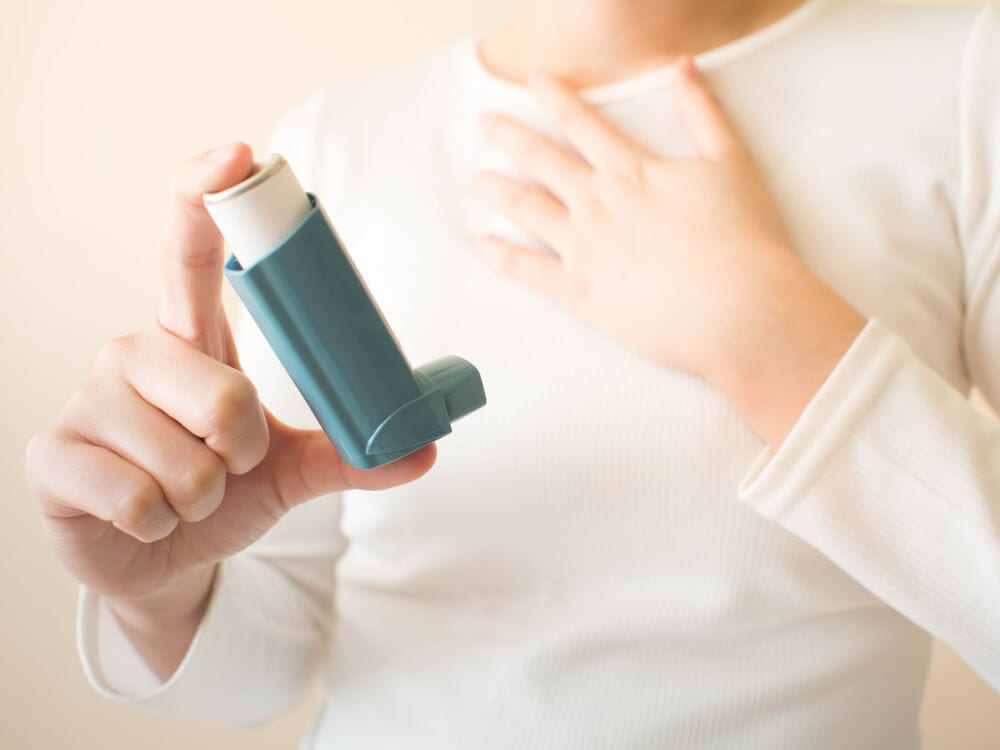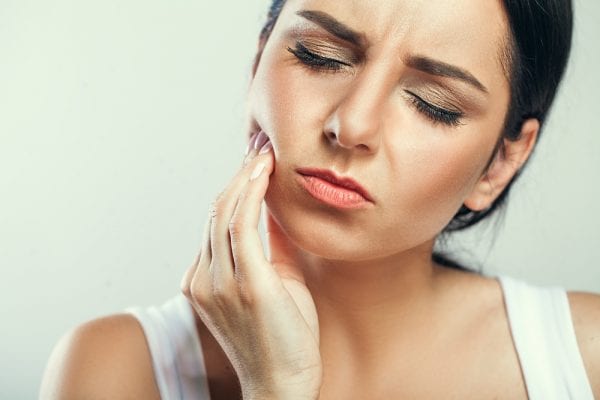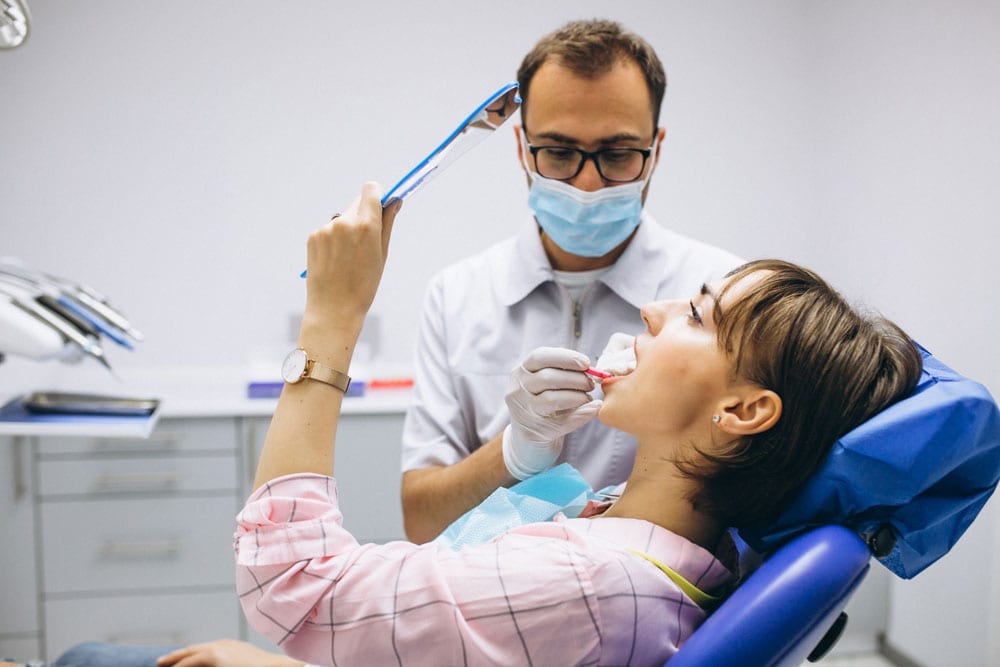Can Asthma Affect Your Oral Health?
There are approximately 20 million Americans suffering from asthma. The medications for managing this respiratory condition can lead to adverse oral health effects like increased cavities, bad breath, gum disease and oral sore problems. If you suffer from asthma, you need to follow good oral health care habits to keep your mouth protected from disease.
Asthma and oral health:
Both adults and children with asthma will face adverse effects on their oral health if proper care is not taken. Asthma medication taken to control the breathing and other medications like corticosteroids reduces the production of saliva and subsequently leads to tooth decay.
Saliva plays an important cleansing role, where it clears the food debris stuck between the teeth from the mouth. When the production of saliva is reduced, there is a chance for plaque build-up leading to cavities.
Asthma patients have breathing problems and generally they breathe through their mouth, which causes a dry mouth, increasing the risk of cavities. Children and adults with dry mouth face problems with bad breath and are more prone to developing cavities.
When people suffering from asthma are not careful about brushing and flossing regularly, then their gums become inflamed, red and swollen, often leading to complicated gum disease.
Additionally, the inhalers for asthma often irritate the back roof of the mouth, resulting in a reddish lesion, which can become infected and spread to the mouth and throat, if ignored. Asthma patients often complain of mouth ulcers and thrush.
What Can You Do To Protect Your Mouth?
Besides speaking to your dentist and letting him know that you have asthma, there are other tips you can follow to keep your asthma under control and to protect your teeth and gums.
Discuss with your dentist about the asthma medications you use to control your breathing problem. Your dentist will be able to help with strategies to improve your oral health. There are some asthma medications that are associated with more cavities than others Some inhalers may even contain sugar to make the medicine taste sweeter, so you can talk to your doctor about changing medications to ones that will not pose any risk to your dental health. Asthma and allergies are often co-related, so if you are prone to seasonal allergies, talk to your dentist about treatment for your allergies. If you do not suffer from a stuffy nose, then you are less likely to breathe through your mouth.
Keep your mouth hydrated to counter the effects of dry mouth, by drinking water frequently throughout the day.
Cut back on sugar and starchy food and drinks, as it will increase your chance of developing cavities. Limit soda and juice and instead go for fluoridated tap water.
Be diligent about flossing and brushing every day. You should also rinse out your mouth with a fluoride mouthwash or water every time you use your inhaler.
Asthma and anxiety
Asthma attacks are often brought on by stressful situations, so if a visit to the dentist is making you nervous, try to curb your anxiety with these coping mechanisms-
Focus on your breath. Breathe slowly and regularly during dental procedures. Do not hold your breath when you are in the dentists’ chair. It will decrease your oxygen levels and make you panic.
Avoid caffeine before a dental appointment as it will make you excitable and increase your anxiety.
Have a proper balanced meal on the day of your appointment. Limit the intake of sugar so your mood is stable.
Do not rush to your appointment, instead plan carefully to book your appointment for a day and time when you’re less likely to feel rushed, like the weekend or an early-morning appointment.
Always remember to bring your inhaler to your dental appointment in case of an asthma attack.




